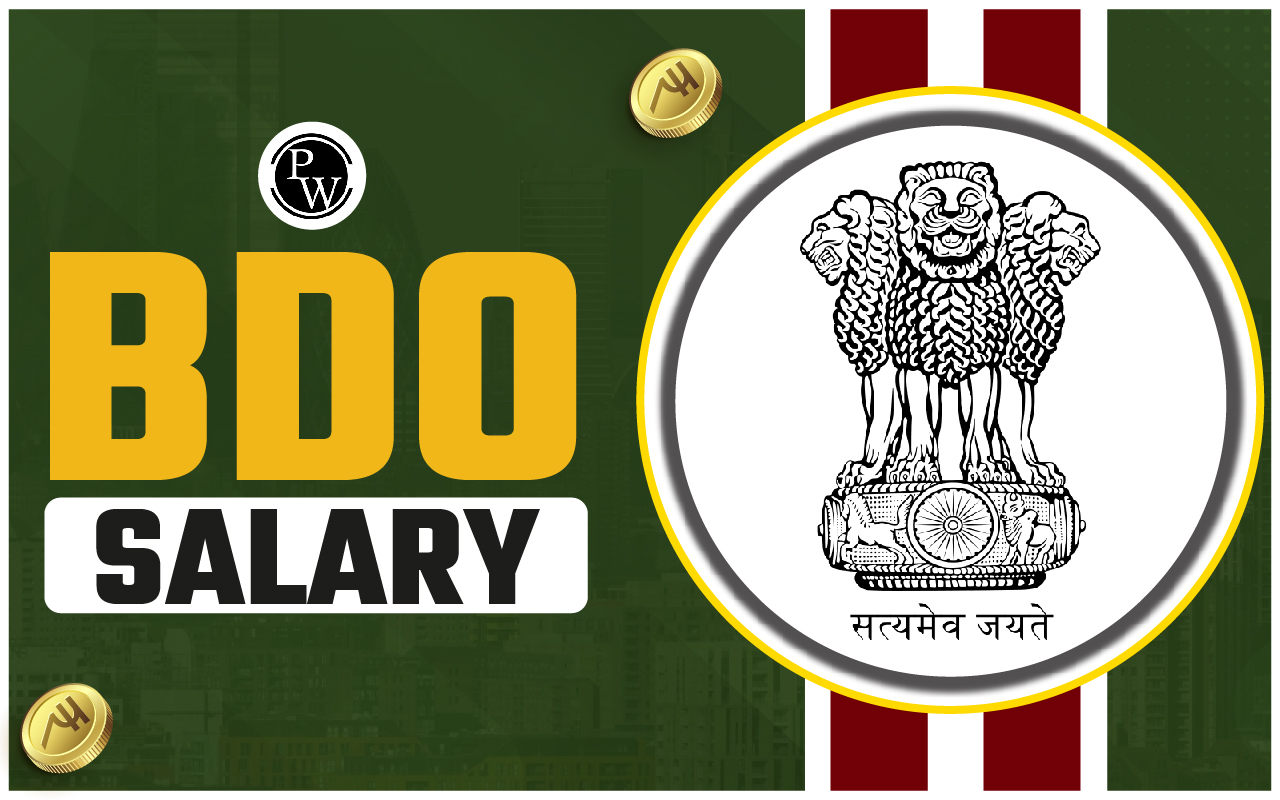
Financial Capital of India: Mumbai, formerly known as Bombay, has been called India's most "city-like city." Some refer to it as India's Financial Capital. It was, and still is, the "Gateway" to India during the colonial era. Mumbai has the second-largest population in the world within its municipal boundaries. Out of all the major cities in the globe, it is the sixth largest metropolitan agglomeration.
Also read: Capital of Maharashtra
Financial Capital of India
In addition to serving as the capital of the state of Maharashtra, Mumbai is the financial hub of India and the focal point of the western region's metropolitan environment. Its strategic location for national and international air, sea, and land connectivity enhances its appeal as a major industrial and economic hub. It is the hub of manufacturing, financial services, and capital markets and is essential to the expansion and advancement of the Indian economy. For a long time, it has drawn many national and international businesses.
Why is Mumbai Known as the Financial Capital of India?
Mumbai, often referred to as the financial capital of India, holds this title due to its pivotal role in the country’s economic, commercial, and financial sectors. The city’s prominence in finance, business, and trade has grown over centuries, and it remains at the heart of India’s financial activities. Here’s why Mumbai has earned this distinguished status:
-
Economic Hub of India
Mumbai contributes significantly to India’s GDP. The city alone generates around 6% of the country’s total GDP, and it is home to one of the highest concentrations of businesses and industries in the country. Mumbai’s economy is diverse, spanning across various sectors like finance, entertainment, manufacturing, and services. Its importance as a financial center is reflected in its ability to drive much of India’s economic growth.
Also read: Biggest Mall of Mumbai
-
Headquarters of Major Financial Institutions
Mumbai is the headquarters for a number of key financial institutions that shape the country’s economy:
-
Reserve Bank of India (RBI): As the central banking institution of the country, the RBI, which is responsible for regulating and overseeing monetary policy, is based in Mumbai.
-
Bombay Stock Exchange (BSE): The BSE, one of the oldest and largest stock exchanges in the world, is located in Mumbai. It is crucial in driving investment and trading in India and is home to thousands of companies listed on the exchange.
-
National Stock Exchange (NSE): The NSE, another major stock exchange, is also headquartered in Mumbai. It facilitates the trading of securities and is one of the largest in the world in terms of volume.
-
Financial Institutions and Banks: Many of India’s largest banks, like the State Bank of India (SBI), ICICI Bank, and HDFC Bank, have their headquarters in Mumbai. Other major financial services companies, including mutual funds, insurance companies, and wealth management firms, are also based here.
Also read: Famous Cities in Maharashtra
-
Hub for Corporate and Business Headquarters
Mumbai is the centre for the corporate world in India. Numerous multinational corporations (MNCs) and industries have their headquarters in Mumbai. Some of the biggest names in Indian business, including Tata Group, Reliance Industries, Aditya Birla Group, and Mahindra & Mahindra, are based in the city. Mumbai’s well-developed infrastructure, proximity to ports, and access to global markets make it an ideal location for these business giants.
The presence of corporate headquarters ensures that Mumbai is constantly at the forefront of business dealings, decision-making, and investments.
Role of Mumbai in India’s Startup Ecosystem
Mumbai has increasingly become the center for startups in India, particularly in sectors like fintech, technology, e-commerce, and media. The city provides an ideal ecosystem for entrepreneurs, with easy access to funding, a network of investors, and proximity to corporate leaders and market influencers.
Venture capital and private equity firms in Mumbai are major players in financing these new-age companies, and its thriving startup culture continues to drive innovation and growth within India’s financial landscape.
Also read: Smallest District in Maharashtra
Financial Capital of India FAQs
Why is Mumbai called the Financial Capital of India?
What is the Reserve Bank of India (RBI)?
Which are the major stock exchanges in Mumbai?
What role does Mumbai play in corporate India?
What is the significance of Mumbai in the global financial markets?










